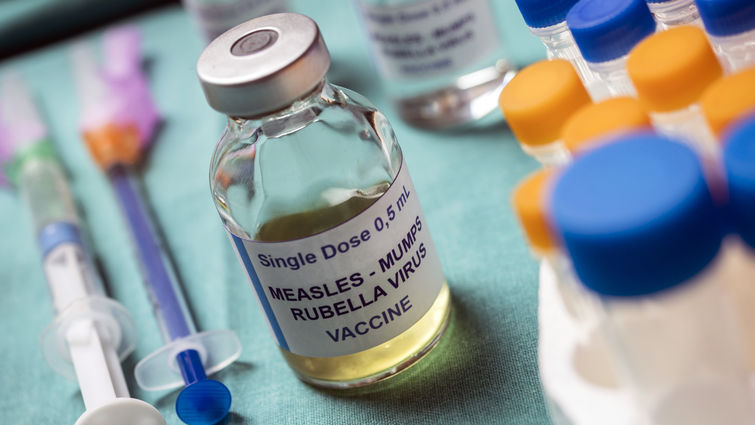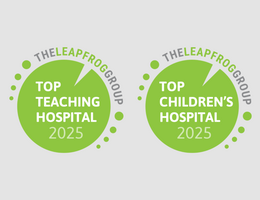

Vaccines are one of the most effective tools for safeguarding children's health and protecting communities from spreading infectious diseases. They work by triggering the body's immune system to produce antibodies against specific diseases. This protects the vaccinated person and helps build what's known as herd immunity. Herd immunity happens when a large part of the population is immune to a disease, which reduces its spread and protects those who can't be vaccinated, like newborns or people with certain health issues.
For babies and young children, vaccines are important for shielding them from a range of potentially deadly diseases. The Centers for Disease Control and Prevention (CDC) recommends a series of vaccines starting in infancy. These include vaccines for measles, mumps, rubella (MMR), diphtheria, tetanus, pertussis (DTaP), polio, and Haemophilus influenzae type b (Hib), among others. These vaccines have been thoroughly tested and are proven to be safe and effective at preventing diseases that can cause serious complications.
A major concern among parents is the safety and efficacy of childhood vaccines. "Vaccines cannot cause the illness they are meant to prevent, nor do they cause autism,” said Sabiha Kanchwala, MD, a general pediatrician and medical director of vaccines at Loma Linda University Children's Hospital. She advocates for open communication and joint decision-making between families and healthcare providers to ensure parents can access accurate information and feel confident in their decisions regarding their child's health.
As flu season approaches, Kanchwala stresses the importance of the flu vaccine for children, even if they are generally healthy. "The flu can lead to severe illness in healthy children, resulting in hospitalization or worse," Kanchwala said. Recent studies indicate a 40 to 60 percent reduction in flu illness risk when the vaccine is well-matched to circulating strains, according to Kanchwala.
She encourages families to stay informed and proactive about their children's immunizations. "We welcome all family questions and aim to ensure they feel comfortable and informed about their vaccination decisions."
For more information about immunizations, learn more online.


